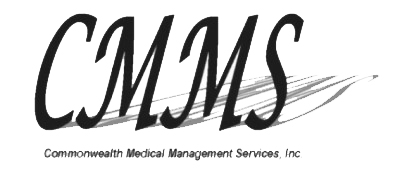
There are two reasons why the IRS might choose to audit your business. Either you have been randomly selected for this joyous experience or you’ve managed to raise some red flags.
Unfortunately, even reputable medical practices that are on the up and up could end up failing an IRS audit. Not only is business taxation incredibly complicated and mistakes prevalent, but most business owners don’t have the faintest idea how to prepare for an audit.
It’s imperative that you keep neat, meticulous records documenting all income and expenses, that you’re careful to keep write-offs legitimate, and that you seek the advice of an experienced accountant or even send this professional to meet with the auditor.
You need to go out of your way to ensure that you don’t fail an IRS audit. Should you fail the auditing process, the outcome could be expensive at the least and a death knell for your practice at the worst. Here are just a few potential results of a failed audit.
Penalties
To be honest, having to pay back-taxes could be the least of your worries should you fail an IRS audit, but penalties are also the most likely outcome. So what can your practice be penalized for?
If you’re found to owe back-taxes, as in you didn’t pay enough on your returns, you’ll first be stuck with a bill for missed income tax payments, plus interest calculated over the intervening years. You’ll also get slapped with an accuracy penalty, which could be as much 20% of the total tax understatement (except in cases of gross valuation misstatements, which could trigger a 40% penalty).
You could also face penalties related to failing to file on time, or even fraud, although if you haven’t committed fraud and you keep good records, it’s unlikely that the latter will occur. As with back taxes, these penalties can also include fees for accrued interest.
Financial Strife
Failing an IRS audit almost certainly means having to pay more for past tax filings. How much more will depend on why you failed and how long ago the failure occurred.
If you’re running a small practice, you probably don’t have a ton of extra cash in reserve to pay the IRS for additional taxes and penalties. This could be extremely detrimental to your business.
Black Marks
Failing an IRS audit does not look great for your business. It may increase the likelihood that you’ll be audited in the future, even if you didn’t intentionally deceive the IRS or engage in fraudulent activity of some sort.
If you end up owing a lot of money that your practice can’t pay, you could also wind up in collections, which looks very bad to creditors. Even if you somehow manage to hang on to your business, good luck getting future loans.
Medical License Risks
Although the IRS is more likely to impose civil penalties than criminal ones, it is not outside the realm of possibility that failing your audit could lead to criminal charges, either misdemeanor or felony, for acts like failure to pay taxes, failure to file a tax return, evading taxes, or even fraud.
As a licensed practitioner, such charges could put your license at risk of being revoked should you be convicted of a felony. Even if you’re reinstated, your reputation could be ruined.
Just because the IRS audits your practice doesn’t mean you’ll fail, but you want to be prepared to prove them wrong at every turn. Meticulous records and a qualified accountant are the best way to avoid the potential fallout of a failed IRS audit.
